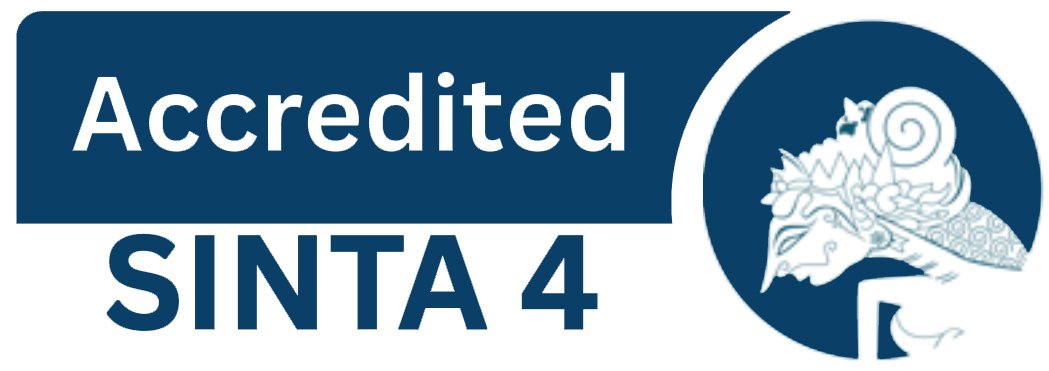Pembelajaran daring menggunakan pendekatan saintifik melalui media mind mapping pada materi bangun ruang untuk pemahaman siswa kelas 5 SDN Pakuhaji
DOI:
https://doi.org/10.22460/collase.v8i2.7926Keywords:
Mind mapping, Bangun Ruang, Pemahaman KonsepAbstract
This research is a qualitative descriptive study to prove that the use of mind mapping media is able to help students understand learning, especially in cubes and blocks in online learning. The location of this research is SDN Pakuhaji. This study uses a scientific approach with the steps of stating the problem, collecting information, taking hypotheses, conducting experiments, collecting data, and drawing conclusions. From the results that have been obtained this mind mapping media can help students understand learning. During the pre-test the average score of the students was 2.2, while during the post-test the average score of the students increased by 6.6. There are difficulties experienced by students and writers in carrying out research, including lack of internet data, poor signal, and lack of mobile phone facilities.
References
Astini, N. K. S. (2020). Pemanfaatan Teknologi Informasi dalam Pembelajaran Tingkat Sekolah Dasar pada Masa Pandemi Covid-19. Jurnal Lembaga Penjaminan Mutu STKIP Agama Hindu Amlapura, 11(2), 13–25.
Dewi, W. A. F. (2020). Dampak COVID-19 terhadap Implementasi Pembelajaran Daring di Sekolah Dasar. Edukatif : Jurnal Ilmu Pendidikan, 2(1), 55–61. https://doi.org/10.31004/edukatif.v2i1.89
Mulyatiningsih, Endang. (2014). Metode Penelitian Terapan Bidang Pendidikan. Bandung: Alfabeta.
Syarifah, Lely Lailatus. 2017. Analisis Kemampuan Pemahaman Matematis Pada Mata Kuliah Pembelajaran Matematika SMA II. JPPM Vol, 10 No.2.
Subagyo, A., Listyorini, T., & Susanto, A. (2019). Pengenalan Rumus Bangun Ruang Matematika Berbasis Augmented Reality. Prosiding SNATIF Ke-6 Tahun 2019, 1(2007), 96–101.
Downloads
Published
Issue
Section
License
Copyright (c) 2025 COLLASE (Creative of Learning Students Elementary Education)

This work is licensed under a Creative Commons Attribution-ShareAlike 4.0 International License.



